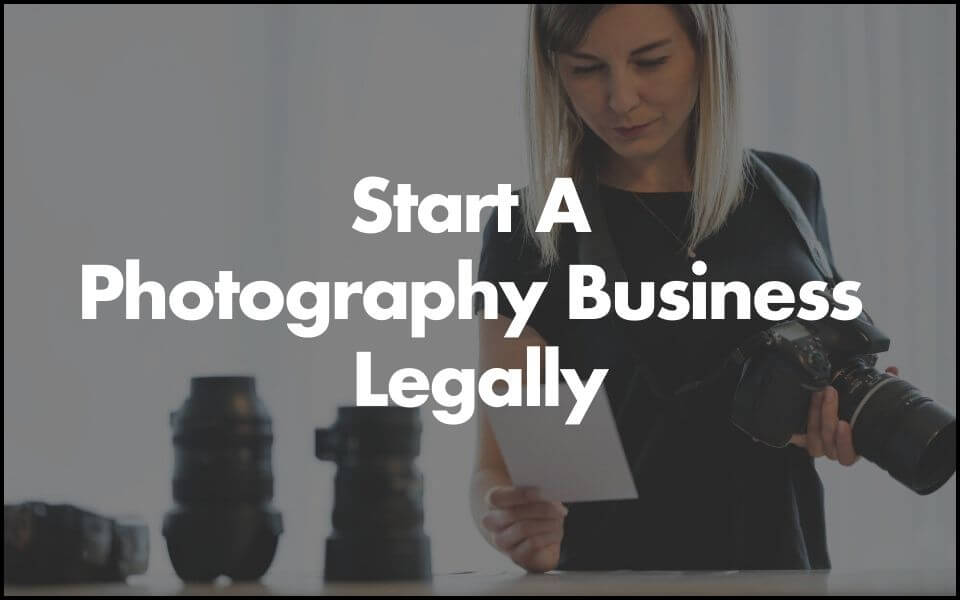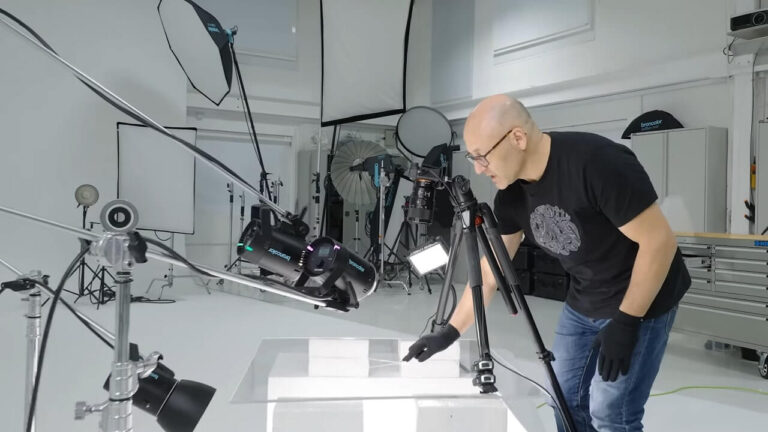Deciding to turn your passion into a professional career is a big step for photographers. And the biggest question is whether they face how to start a photography business legally. The more you go into the depth of the research on legalizing your business, the more you will find yourself in the middle of nowhere.
Legalizing your business is a complicated procedure and you need to be careful of every detail you put on as it will represent your business. It is essential to have good research on how to start your photography business services legally or what requirements are needed to legally establish your business.
The initial business decisions make a huge impact on the business’s future and it is important to ensure you learn the basic license requirements and have a good business plan ready.
Types of Photography Businesses
Professional photography is highly demanding. To set up a business in photography, you need to know the various types of businesses to start your own photography business. Each caters to specific niches and client demands. While the list is huge, here are some key categories:
Portrait Photography: Portrait photographers specialize in capturing individuals or groups of people. This includes family portraits, senior portraits, corporate headshots, and more.
Wedding Photography: Wedding photographers capture weddings, the special moments, and the emotions of the day. This can include engagement sessions, bridal portraits, and full wedding day coverage.
Event Photography: Event photographers cover a wide range of events, from corporate conferences and parties to music festivals and sporting events. They capture candid moments and key highlights.
Commercial Photography: Commercial photographers work with businesses to create images for advertising, marketing, and promotional materials. This can involve product photography, fashion photography, and lifestyle photography.
Food Photography: Food photographers specialize in capturing appetizing images of food for menus, cookbooks, food blogs, and restaurant marketing.
Real Estate Photography: Real estate photographers take photos of properties for sale or rent. These images are used in listings to attract potential buyers or renters.
Wildlife Photography: Wildlife photographers focus on capturing the beauty of the natural world. They cover landscapes, animals, plants, and many more.
Travel Photography: Travel photographers document their journeys, showcasing different cultures, landscapes, and experiences. They may sell their images to magazines, travel companies, or as fine art prints.
Fashion Photography: The fashion industry always requires a photographer. Fashion photographers work closely with models, designers, and stylists. They create impressive images for fashion magazines, brands, and advertisements.
Stock Photography: Stock photography refers to a collection of pre-existing photos that photographers make available for licensing and use by individuals, businesses, or organizations. Stock photos are commonly used in marketing materials, websites, advertisements, and various media projects.
Business Plan for Photographer

Starting a new business is always challenging. It’s a bit more complicated to start a legal and successful business of photography than just a camera. First start with, opening and creating the basic structure of your licensed business needs a proper business roadmap.
Even though there is no legal need to have a business plan, it helps you combine all your thoughts and goals into an actionable plan. It enables you to strategize and find ways to achieve those goals and set a time frame to make it all happen. A business plan for your photography will give you a more precise objective and vision for your business. Alongside, a little bit of business skills, marketing strategy can help you a lot. What Should My Photography Business Plan Include?
Creating a plan, it’s not mandatory to have a higher business education. Below are the key points to focus on before starting a business of photography. Let’s learn how to start a rockstar business through photography.
- Market analysis based on the target customer.
- Determine the competition in the market.
- Market price and value.
- Financing options and sources.
- Goals and objectives.
Also, make a list of business expenses, and maintain a spreadsheet. Don’t merge your personal and business expenses together. Finally, write a business plan that you can follow from the beginning.
Business Structure for Professional Photographer

One of the notable decisions you have made as the first step in starting a photography business is to determine or decide the entity of your photography business. What type of business entity do you prefer to operate? It is crucial to know, research and learn about each one before deciding which one will be the best for your business type.
What type of business structure should I consider for moving forward?
One of the notable decisions you have made as the first step in starting a photography business is to determine or decide the entity of your business of photography. What type of business identity do you prefer to operate? It is crucial to know, research, and learn about each one before deciding which one will be the best for your business type.What Type of business structure should I consider for moving forward?
While researching how to start a business of photography legally, the type of business identity you decide on for your photography firm will directly connect. It should be the amount of tax you are paying, your finances and personal liability, as well as the amount of paperwork you would need to do.
If you are not very sure which one is right for your consulting, a CPA will be an excellent choice to help you decide; however, here are a few suggestions for you to get an idea.
Sole Proprietorship: The simplest business entity and a standard structure to get started with any business. Businesses are owned and run by individuals or only one person without distinguishing between the owner and the company itself. It is the easiest to operate. However, owners have to be solely liable for any liability.
Partnership: These types of businesses consist of two or more owners, and it is essential to carry out either written or oral agreements to carry out a partnership business. It is somewhat similar to sole-proprietorship, however easy to set up and get your finances efficiently. However, liabilities have to be taken by the partners themselves.
Corporation: It is a separate legal structure and a costlier business identity. Therefore, shareholders can enjoy the protection of liabilities. However, there has much paperwork, and the taxes are higher for these business operations.
Limited Liability Company (LLC): Last but not least, when comes LLC. Mainly, LLCs are set to operate as partnerships with multiple owners or partners. The benefits of LLCs are that it is taxed similarly to individual tax returns and give you liability coverage similar to a corporation. However, the major drawback is it carries out more formality fees and expenses than a partnership or sole proprietorship business.
Employer Identification Number from IRS
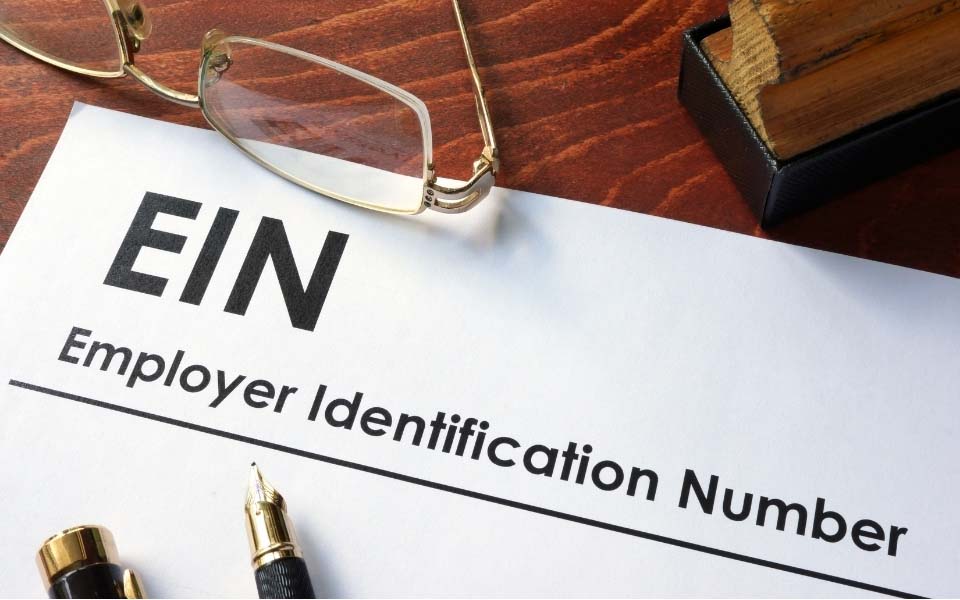
It is necessary documentation for business entities like Partnerships, Corporations, and LLCs. Sole Proprietorship businesses, however, can avoid this. This documentation needs to help the banks identify your business of photography as an entity when you sign up for accounts.
Choosing a Business Name

Now that your structure is set and is good to go, the next big step would be to find the perfect name to name your establishment. Giving a name to a company is a big deal and is a challenging job to accomplish as it is such a vital component to launching a successful firm. Now, there are two different kinds of names that you can choose.
One type is when the owner names the company after their name or something very personal to them, and the other type is when one creates a unique character that explicitly embodies the company’s brand and work. While the “personal” option seems easy enough, making a name out of scratch has more complexity to it than one would think.
The first thing to keep in mind is to make sure that the name you choose is simple enough and short to pronounce and spell easily, as that would allow people to remember the term without any problem. In addition, it would be best to be careful to use a unique and new name to have your domain for the website. Along with this, each country has its variation of legal procedures and fee structure, hence making research a top priority when selecting a name for your business. There are some online business name generator tools that may be helpful.
Business License

Your business permission and license depend on the state you are living in. You may need sales and use permission, tax certificates, and a few more as per the state rules to get a business license. Make sure to check out what documents you would require as per the state you reside.
Bank Account for the Business
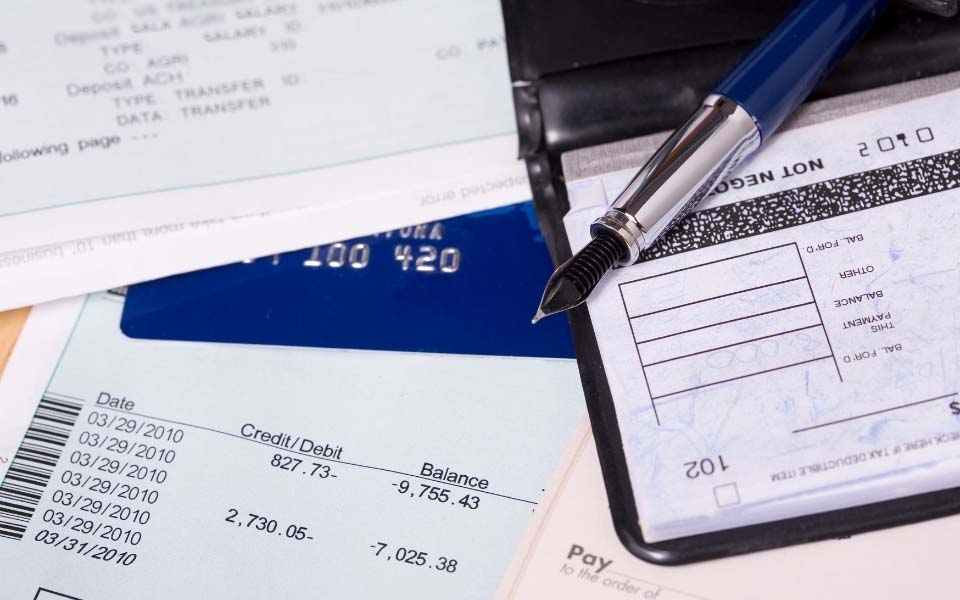
Money is undoubtedly the founding factor of a business, but what’s even more important is to handle it correctly by keeping track of transactions. The safest and best way to do this is to open up a business bank account to ensure that your funds are separate and that you have a monitored transaction history. In addition, it reduces unnecessary spending and makes procedures for legal purposes infinitely more accessible, especially regarding taxes.
Having a fair trial and a bank vouching for your business’s credibility is highly beneficial to your establishment. And aside from the complicated procedures, a bank account also gives a good rep to your branding when customers ask to pay into the performance as they’ll feel safe sharing their money rather than a random anonymous person.
However, the woes of fulfilling legality do not end there. You must be well aware of the process in the bank you are going to be opening a bank account. Every bank has its policy, which differs from city to city and country to country, and it is vital to follow them.
Hence, we strongly recommend you ask your bank authorities beforehand, and they’ll help you with all the documents you’ll need and the fees you are going to have to pay.
Prioritize Your Taxes
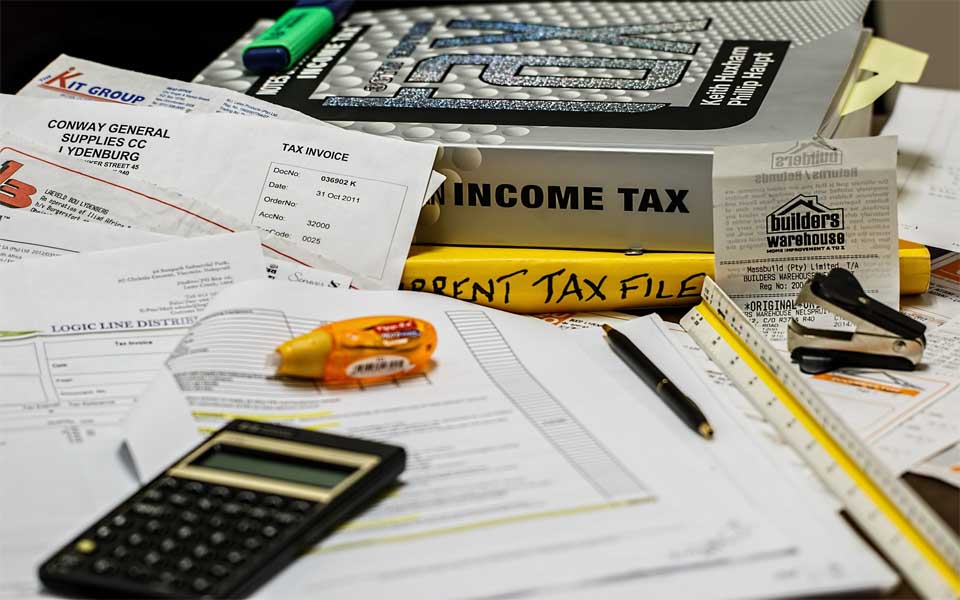
Something that absolutely can’t ignore in any way is the taxes that you will pay. So naturally, your business type will decide what kind of taxes you need to pay for the said establishment. As mentioned before, the tax fees wildly vary between locations and if you choose to have employees or special conditions.
Be sure to consult a professional before registering the business name and type to know the tax requirements in your establishment’s area. Since the tax procedure added with the other transactions is so complicated, it is best to hire an accountant to keep track and manage the taxes, payments, and liabilities in the best possible way for the firm.
Capital for a Start-Up

It is a given state that all businesses need seed money for the start-up to establish. Ensure that you have the funds for all the paperwork fees for legal procedures, taxes, equipment, location, and estimated miscellaneous expenditures for creating a business. The amount of the fund of course reiterated previously. That will be different depending on the place or country you are living in.
Either way, have preparations to spend a handful sum on the firm to grow your business. It recommends having a bit extra separately as a precautionary amount in an emergency to build your photography business.
Photographing License
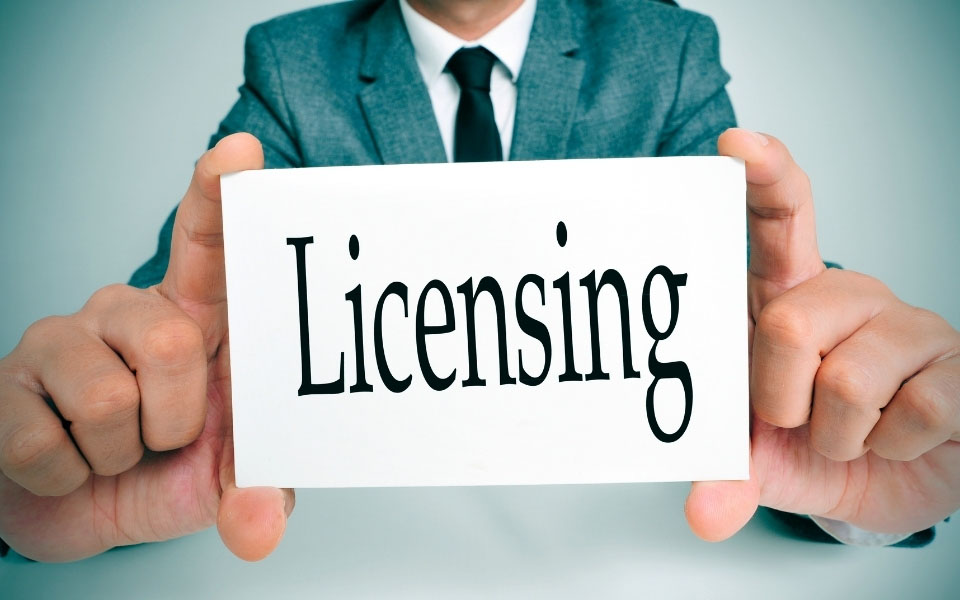
While there is no specific ‘Photographer’s License,’ one still needs to gain specific licenses to establish legal business in the city or whichever location you choose. So again, you should get help from a lawyer or a reputable business development agency. They will explain everything and process the procedure for you.
It is essential to know the ins and outs of the laws of taxes and finances with your business of photography. Therefore, hiring qualified tax professionals will save you more money than you can imagine. In addition, you would also know that everything does according to the law. Therefore, hiring a CPA is very helpful for your business.
All of this might seem overly complicated and very difficult to pull off. But we assure you that the real key is to have an organized plan and to follow the said plan through the end. If you have the passion and will to make your business successful, it is only a matter of time before you will start to see your art-making its money’s worth. Once all these things are gained, not it’s time to start.
Engage with Client Network
Engaging in client networks is essential for any business owner. Especially when you’re a small business owner, it’s crucial to engage in a client network. A Professional photographer always maintains social media profiles like Instagram, Facebook, and Pinterest. They also join various photography-specific platforms and marketplaces like 500px, SmugMug, or Pixieset. Join there to showcase your work and your photography services.
Participating in photography workshops, conferences, and local photography club events can bring attention. A potential client may impressed by you through engaging these platforms and events. Additionally, business cards are kind of helpful for marketing. You can share your photo
Cost to Start a Photography Business
Estimating the cost of launching a business of photography can vary widely depending on various factors, but here’s a rough estimate:
- Camera and basic equipment: $1,000 – $2,000
- Software and editing tools: $300 – $600/year
- Legal and business expenses: $500 – $1,000
- Marketing and promotion: $300 – $600
- Building a Photography Studio space (if applicable): $0 – $500/month (if working from home)
- Transportation: $0 – $1,000 (if you already have suitable transportation)
- Education and training: $100 – $300
- Props and wardrobe (if applicable): $0 – $300
- Website and online presence: $100 – $300/year
- Office and administrative costs: $100 – $300
- Taxes and operating expenses: $500 – $1,000/year
- Initial marketing and promotion budget: $100 – $300
Total Low-End Estimate:
Approximately $2,800 – $6,000
Please keep in mind that these are rough estimates, and actual costs can vary widely based on your location, equipment choices, marketing strategies, and other factors. It’s essential to create a detailed business plan and budget tailored to your specific needs and circumstances to get a more accurate estimate of your startup costs.
Purchase or Upgrade your Photography Equipment
Whether to purchase or upgrade your photography equipment, it’s essential to make well-informed decisions to meet your specific needs and goals. Here are some factors to consider:
Assess Your Current Gear:
- Start by evaluating your existing photography equipment, including your camera body, lenses, lighting, and accessories.
- Determine what is still functional and meets your current needs and what might be outdated or lacking.
Identify Your Photography Goals:
- Clearly define your photography objectives. Consider the types of photography you primarily engage in, such as portrait, landscape, wildlife, or macro photography.
Budget Planning:
- Establish a budget for equipment purchases or upgrades. This will help you make financially responsible decisions.
- Keep in mind that quality photography gear can be expensive, so prioritize your purchases based on your needs.
Prioritize Essential Gear:
- Start by investing in essential equipment that directly impacts the quality of your work. This often includes a high-quality camera body and versatile lenses.
- Consider whether you need additional lighting equipment, tripods, filters, or specialized accessories.
Research New Equipment:
- Stay up-to-date with the latest advancements in photography technology. Research camera models, lens options, and accessories that align with your
- Read reviews, seek recommendations from fellow photographers, and visit camera stores to test equipment in person.
Consider Used or Refurbished Gear:
- If your budget is limited, explore the option of purchasing used or refurbished equipment. Many reputable dealers offer certified used gear with warranties.
- Be cautious when buying used equipment and thoroughly inspect it to ensure it functions properly.
Future-Proofing:
- Think about the longevity of your gear. Investing in a camera system with a robust lens ecosystem can provide flexibility for future upgrades.
- Consider how well your gear will adapt to evolving photography trends and technologies.
Sell or Trade Old Equipment:
- If you’re upgrading, consider selling or trading in your old equipment. This can offset the cost of new gear.
- Keep your gear well-maintained to maintain its resale value.
Try Before You Buy:
- If possible, rent or borrow the equipment you’re considering before making a purchase. This allows you to test it in real shooting situations.
Plan for Accessories:
- Don’t forget to budget for essential accessories such as memory cards, camera bags, cleaning kits, and protective filters.
Make choices that align with your goals and preferences, ensuring that your gear enhances your photography rather than becoming a burden.
Final Words
However, it would help if you remembered to be well-versed in using the machinery and working in post-production, but that guideline is another time. We hope that this article helps you to guide on how to start your business. At the very least get an idea of what things to do or not to establish a business of photography legally.
Frequently Asked Questions (FAQs)
Do I need any experience to start a photography business?
Photography business with no experience is possible. Many photography business owners started their businesses with zero experience. However, it is recommended to have a passion for photography and a basic understanding of photography techniques.
How much does it cost to start a photography business?
The cost to start a business of photography can vary depending on various factors such as equipment, marketing materials, and location. However, on average, it can range from $3,000 to $10,000.
What are the legal requirements for starting a photography business?
The legal requirements for starting a business of photography may vary depending on your location. However, some common legal requirements include registering your business, obtaining necessary permits, and having the appropriate business insurance.
Is it possible to start a photography business as a side hustle?
Yes, many photographers start their business as a side hustle while they continue with their full-time job. It allows them to gain experience, build a client base, and gradually transition into a full-time photography career.
Can I start a photography business without owning expensive equipment?
Yes, you can start without owning expensive equipment. You can begin with basic equipment and gradually invest in better gear as your business grows.

